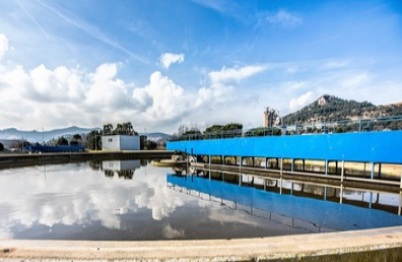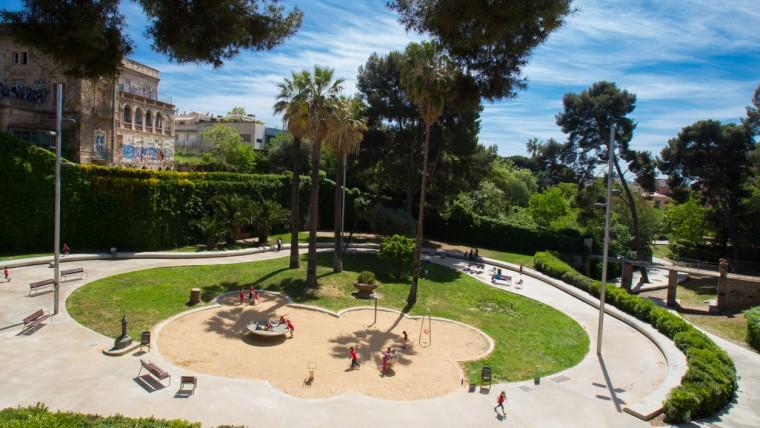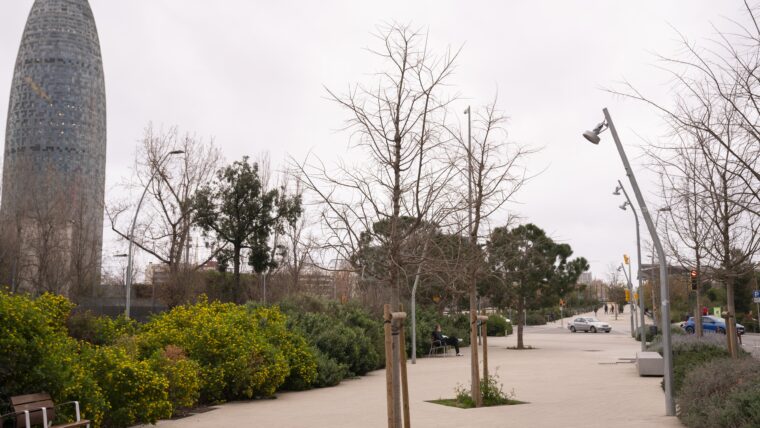ENVIRONMENT AND CLIMATE CHANGE
Urban Agriculture Observatory of Barcelona

This project in Barcelona focuses on enhancing urban and peri-urban agriculture by offering tools for promoting and supporting the integration of agriculture into city planning. It aims to conduct socio-environmental diagnostics of urban gardens, highlight the benefits of agriculture for urban biodiversity, and improve individual and community health. Furthermore, the project also seeks to foster public participation, strengthen shared governance of agro-ecological spaces, and increase awareness about the importance of sustainable, socially inclusive cities.
Challenges addressed
• Integration of agriculture into urban planning: Overlooked agriculture in city planning may lead to the underutilization of available space for food production.
• Lack of understanding regarding the current state and potential of urban gardens, making it difficult to implement effective strategies.
Main objectives
• Make a socio-environmental diagnosis of urban and peri-urban gardens and agro-ecological spaces.
• Offer a tool for promotion and support to integrate agriculture into the deployment of the general city model.
• Learn about the benefits of agriculture for urban biodiversity, and for individual and community health, promoting the participation and organization of people and entities.
• Learn about the production of vegetables in the city’s urban gardens.
• Give citizens tools to care for nature and its conservation.
• Create a space for communication and participation in the urban agro-ecological field.
• Strengthen the shared governance of these spaces with citizens and entities in the territory.
External resources
Facts
Project type Urban agriculture observatory
Partners Ajuntament de Barcelona, Parcs i Jardins, Barcelona Regional i Conexus
Beneficiaries Barcelona municipality and citizens
Dates 2019 – Ongoing
Website Website’s project
Project description
Urban gardens and urban agriculture have experienced an increase in recent years in Barcelona and in many cities around the world, due to a growing social demand for urban spaces where they can grow and carry out various activities related to gardens, and a greater awareness of the population about the importance of living in environmentally and socially sustainable cities.
Barcelona City Council, from various areas of the council, has been implementing initiatives, policies and municipal plans that include urban agriculture in some of its parts.
The Barcelona Urban Agriculture Strategy stands out as the main planning instrument related to urban gardens. To develop a strategy with a horizon extending to 2030, the goal is to create an ecological, healthy, inclusive, cohesive, fair, and resilient city, with citizens actively participating in the management of gardens and the promotion of agroecology and food sovereignty. Urban gardens are spaces where urban agriculture is practiced, but where different factors and interests intervene and interact, which make them spaces that are sometimes very heterogeneous with each other. Their classification can be complex since the same space can have different simultaneous or not purposes (cultivation, education, social cohesion, questioning the food production model, etc.) and different types of management, cultivation, and ownership.
Impact and results
• Biodiversity promotion: By incorporating urban agriculture practices, the project has contributed to increasing urban biodiversity.
• Health and well-being benefits: The project promotes the health benefits of consuming locally grown, organic produce from urban gardens.
• Enhanced public engagement and participation: The project has successfully fostered greater public involvement in urban agriculture through activities that promote awareness, citizen participation, and the organization of local community groups.





